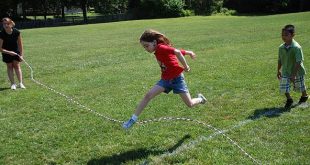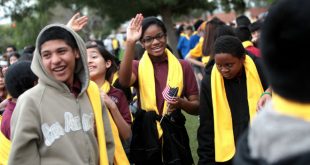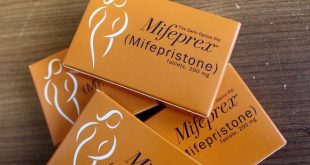The Los Angeles Times reported that the U.S. Supreme Court on Friday temporarily blocked California’s COVID-19 restrictions on indoor worship services but allowed the state to limit indoor capacity to 25 percent and continue to ban singing and chanting under Tier 1, pending a decision by the U.S. Court of Appeals for the Ninth Circuit.
The two churches that filed the lawsuit didn’t persuade the court that it should strike down all limits on capacity or singing. Is this considered a victory for churches?
In a 6-3 decision, the Supreme Court issued four separate opinions (PDF). Justice Neil Gorsuch and Justice Clarence Thomas would have lifted all restrictions on churches. Justice Samuel Alito agreed in part. He would temporarily block state restrictions but delay the injunction for 30 days to allow California to show that barring indoor services would be essential to stopping the spread of COVID-19. The liberal justices would have sided with the government. In a separate opinion, with Justice Brett Kavanaugh concurring, Justice Amy Coney Barrett agreed with most of Gorsuch’s opinion except the ban against singing. She said the churches didn’t prove that the ban wasn’t neutral. “Of course, if a chorister can sing in a Hollywood studio but not in her church, California’s regulations cannot be viewed as neutral.”
Chief Justice Roberts said that federal courts owe “politically accountable officials with the background, competence, and expertise” significant deference when it comes to assessing public health. “At the same time, the State’s present determination—that the maximum number of adherents who can safely worship in the most cavernous cathedral is zero—appears to reflect not expertise or discretion, but instead insufficient appreciation or consideration of the interests at stake.”
 CURE News and Clergy Blog News and Commentary for Christians
CURE News and Clergy Blog News and Commentary for Christians



